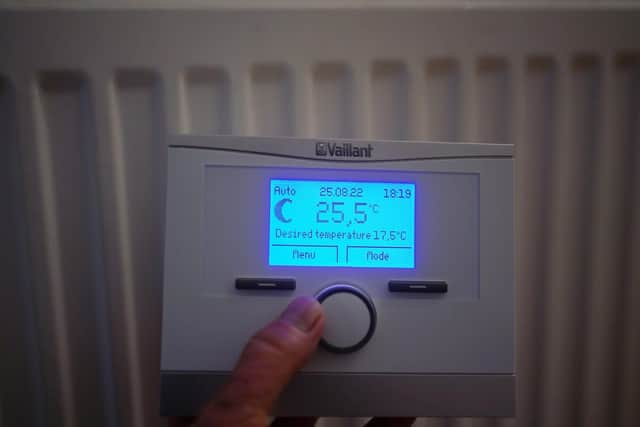Little respite for poorest when it comes to energy bills - The Yorkshire Post says
The new Resolution Foundation report shows over one-in-three 35 per cent of English households – equivalent to 7.2 million households – will see higher energy bills this winter than they did last winter, including 47 per cent of those in the poorest tenth of households.
While Ofgem is expected to announce a reduction in the energy price cap with typical annual energy bills falling, there are wide variations in bills.
Advertisement
Hide AdAdvertisement
Hide AdDespite the price per unit of energy falling, it will be offset by a rise in the daily standing charge and the fact that last winter’s universal £400 energy support is not being repeated.


It is in stark contrast to the profits that oil companies have been raking in as a result of Russia’s invasion of Ukraine, which saw energy bills skyrocket.
The Government needs to keep in mind that challenges that beset families last year are not going away especially for many disadvantaged households.
While blanket support, such as the measures rolled out last year, isn’t sustainable there should be scope for targeted support for those that need it the most.
Advertisement
Hide AdAdvertisement
Hide AdAs the poorest cut back even on basic essentials, it increases the risk to their health, as highlighted by the Academy of Medical Royal Colleges in a letter to the Prime Minister.
Health and care practitioners also said people are missing hospital appointments because they can’t afford the bus fare. While others observed people missing or reducing their medication because they can’t afford the prescription.
Poverty is a very real issue that is only worsening. Quite often it is hidden here in Britain. But the Government cannot afford to turn a blind eye to it.
